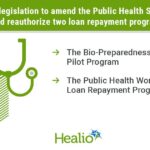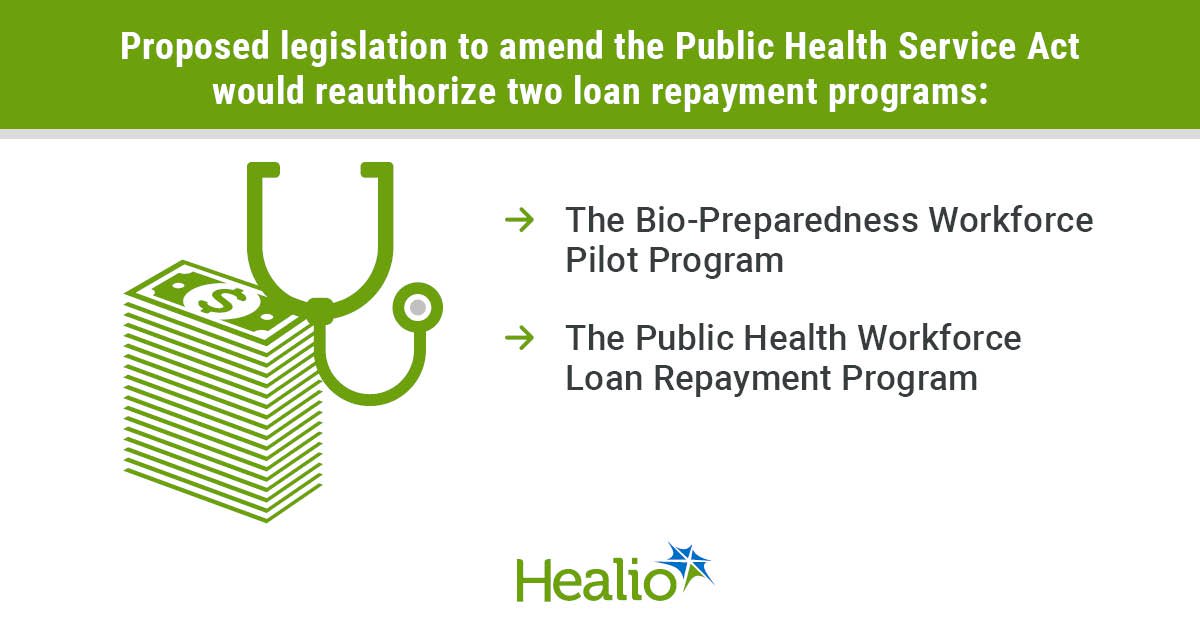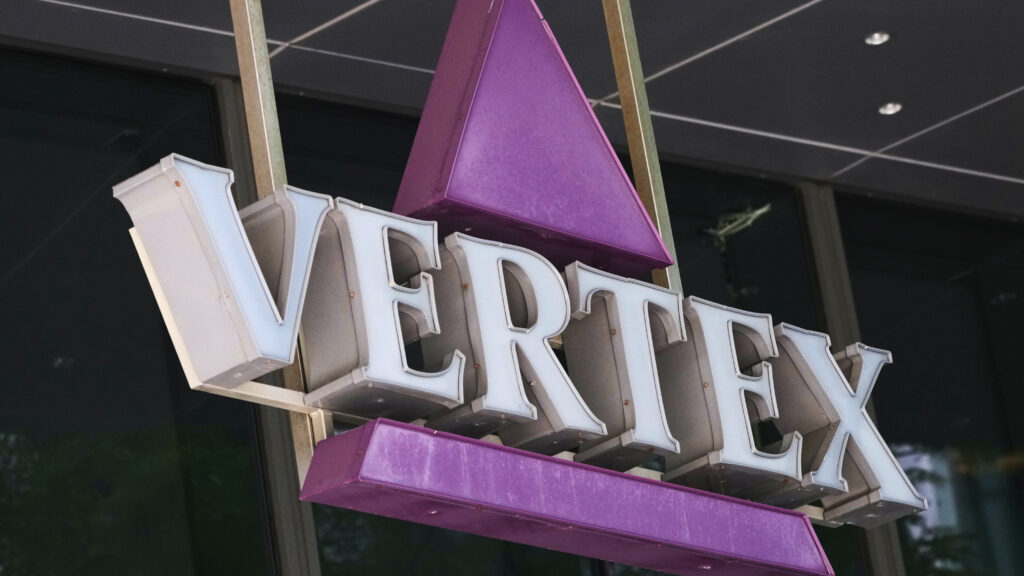And so, another working week will soon draw to a close. Not a moment too soon, yes? This is, you may recall, our treasured signal to daydream about weekend plans. Our agenda is, so far, rather modest. We plan to catch up on our reading, promenade with the official mascots, and manicure the Pharmalot grounds. We also plan to hold another listening party, where the rotation will likely include this, this, this, this and this. And what about you? As always, summer is moving by quickly, so perhaps this is an opportunity to enjoy the great outdoors. Beaches, lakes, and mountain trails are perennials, yes? You could also tend to your garden, visit the local library (your tax dollars at work), or perhaps take time to experiment with a recipe or two. Or you could simply plan the rest of your life. Well, whatever you do, have a grand time. But be safe. Enjoy, and see you soon. …
The Trump administration has been talking to drugmakers about ways to raise prices of medicines in Europe and elsewhere in order to cut drug costs in the United States, Reuters reports, citing a White House official and three pharmaceutical industry sources. U.S. officials told drug companies it would support their international negotiations with governments if they adopt “most favored nation” pricing under which U.S. drug costs match the lower rates offered to other wealthy countries. The Trump administration has asked some companies for ideas on raising prices abroad and has held multiple meetings over several months aimed at lowering U.S. prices without triggering cuts to research and development spending drugmakers insist would result. The previously unreported discussions reflect the challenges Trump faces to achieve that goal, and are the backdrop to the letters he sent last week to 17 major drugmakers, urging them to cut U.S. prices to match those paid overseas.
The U.S. Food and Drug Administration announced a program to make it easier for drug companies to set up manufacturing facilities in the U.S. and reduce the country’s reliance on imported medicines, Pharmaphorum notes. The regulator revealed FDA PreCheck, a two-phase approach to getting approval for new production sites. The first promises to provide quicker responses from the agency on start-up tasks like facility design, construction, and pre-production. The second phase is based on a pledge by the FDA to “streamline” the chemistry, manufacturing, and controls section of new facility applications with the help of “pre-application meetings and early feedback.” The move ties in with President Trump’s ongoing campaign to drive medicines manufacturing to the U.S. from overseas, a push that has already resulted in big investment commitments from a string of companies, including AstraZeneca, AbbVie, Roche, Novartis, Eli Lilly, and Johnson & Johnson. The FDA plans to hold a public meeting on September 30 to discuss the new program.


This article is exclusive to STAT+ subscribers
Unlock this article — plus in-depth analysis, newsletters, premium events, and news alerts.
Already have an account? Log in










